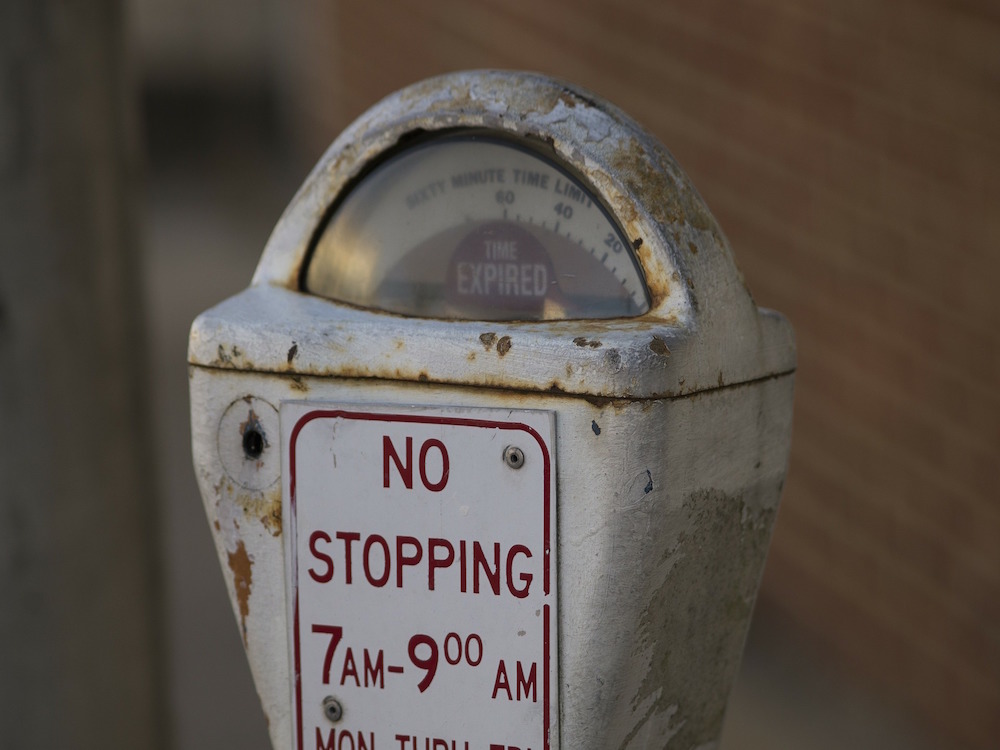ImpactAlpha, Dec. 12 – Education. Water. Prisons. Private capital is flowing into areas that have historically been public responsibilities subject to democratic processes.
Cities are selling assets such as highways and water systems to private entities that promise to run them more efficiently. Impact investors targeting pay-for-success and social impact bonds to reduce recidivism or boost educational outcomes may spur such privatization.
In a webinar, Transform Finance’s Andrea Armani suggested impact investors set terms for public-private deals and help create structures to help public agencies maintain control.
Building worker and community benefit standards and “infrastructure justice” into the front end of deals can “set investors apart,” said Donald Cohen of In the Public Interest, a research and policy center.
In the Public Interest’s guide suggests 10 questions that civic leaders and investors should ask. No. 10: Have you read the contract?
Mixed results
Privatization can result in higher fees and prices, lower wages, reduced transparency and perverse incentives. Public agencies have found themselves handcuffed by lingering “non-compete” and “compensation” clauses.
For example: After Chicago in 2011 turned over its parking meters to a private fund for 75 years, parking rates quadrupled. The private fund will recoup its investment in a decade; the city is on the hook for tens of millions of dollars a year because of a contract clause that requires the city to reimburse investors for parking spaces that are unavailable, for example, because of a street fair.











